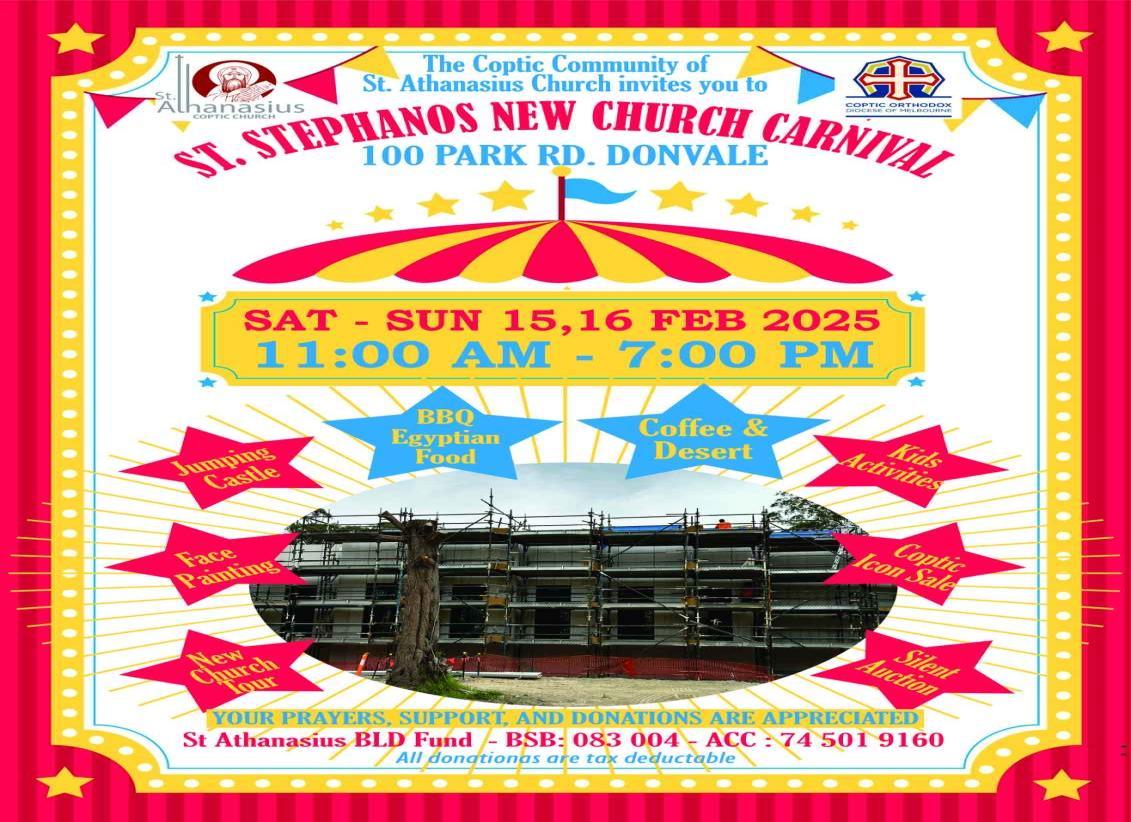
















When both the disciples had owned themselves at a loss, then He wrought the miracle; for thus they profited the more, having first confessed the difficulty of the matter, that when it should come to pass, they might understand the power of God. And because a miracle was about to be wrought, which had also been performed by the Prophets, although not in an equal degree, and because He would do it after first giving thanks, lest they should fall into any suspicion of weakness on His part, observe how by the very manner of His working He entirely raises their thoughts of it and shows them the difference (between Himself and others). For when the loaves had not yet appeared, that you may learn, that things that are not are to Him as though they were, (as Paul says, who calls the things that be not as though they were Romans 4:17) He commanded them as though the table were prepared and ready, straightway to sit down, rousing by this the minds of His disciples. And because they had profited by the questioning, they immediately obeyed, and were not confounded, nor said, How is this, why dost Thou bid us sit down, when there is nothing before us? The same men, who at first disbelieved so much as to say, Whence shall we buy bread? began so far to believe even before they saw the miracle, that they readily made the multitudes to sit down. But why when He was about to restore the paralytic did He not pray, nor when He was raising the dead, or bridling the sea, while He does so here over the loaves? It was to show that when we begin our meals, we ought to give thanks unto God. Moreover, He does it especially in a lesser matter, that you may learn that He does it not as having any need; for were this the case, much more would He have done so in greater things; but when He did them by His own authority, it is clear that it was through condescension that He acted as He did in the case of the lesser. Besides, a great multitude was present, and it was necessary that they should be persuaded that He had come according to the will of God. Wherefore, when He does miracles in the absence of witnesses, He exhibits nothing of the kind; but when He does them in the presence of many, in order to persuade them that He is no enemy of God, no adversary of Him who has begotten Him, He removes the suspicion by thanksgiving. “And He gave to them that were set down, and they were filled.” Do you see how great is the interval between the servants and the Master? They having grace by measure, wrought their miracles accordingly, but God, who acts with free power, did all most abundantly. “And He said unto His disciples, Gather up the fragments which remain; and they gathered them together, and filled twelve baskets.”
This was not a superfluous show, but in order that the matter might not be deemed a mere illusion; and for this reason, He creates from matter already subsisting. But why gave He not the bread to the multitudes to bear, but (only) to His disciples? Because He was most desirous to instruct these who were to be the teachers of the world. The multitude would not as yet reap any great fruit from the miracles, (at least they straightway forgot this one and asked for another,) while these would gain no common profit. And what took place was moreover no ordinary condemnation of Judas, who bore a basket. And that these things were done for their instruction is plain from what is said afterwards, when He reminded them, saying, “Do you not yet understand how many baskets ye took up?” Matthew 16:9. And for the same reason it was that the baskets of fragments were equal in number to the disciples; afterwards, when they were instructed, they took not up so many, but only seven baskets.” Matthew 15:37
And I marvel not only at the quantity of loaves created, but besides the quantity, at the exactness of the surplus, that He caused the superabundance to be neither more nor less than just so much as He willed, foreseeing how much they would consume; a thing which marked unspeakable power. The fragments then confirmed the matter, showing both these points; that what had taken place was no illusion, and that these were from the loaves by which the people had been fed. As to the fishes, they at this time were produced from those already subsisting, but ata later period, after the Resurrection, they were not made fromsubsisting matter. Wherefore? That you may understand that even now He employed matter, not from necessity, nor as needing any base (to work upon), but to stop the mouths of heretics.
“And the multitudes said that this is of a truth The Prophet.” Oh, excess of gluttony! He had done ten thousand things more admirable than this, but nowhere did they make this confession, save when they had been filled. Yet hence it is evident that they expected some remarkable prophet; for those others had said (to John), Are you that Prophet? while these say, This is that Prophet.





























